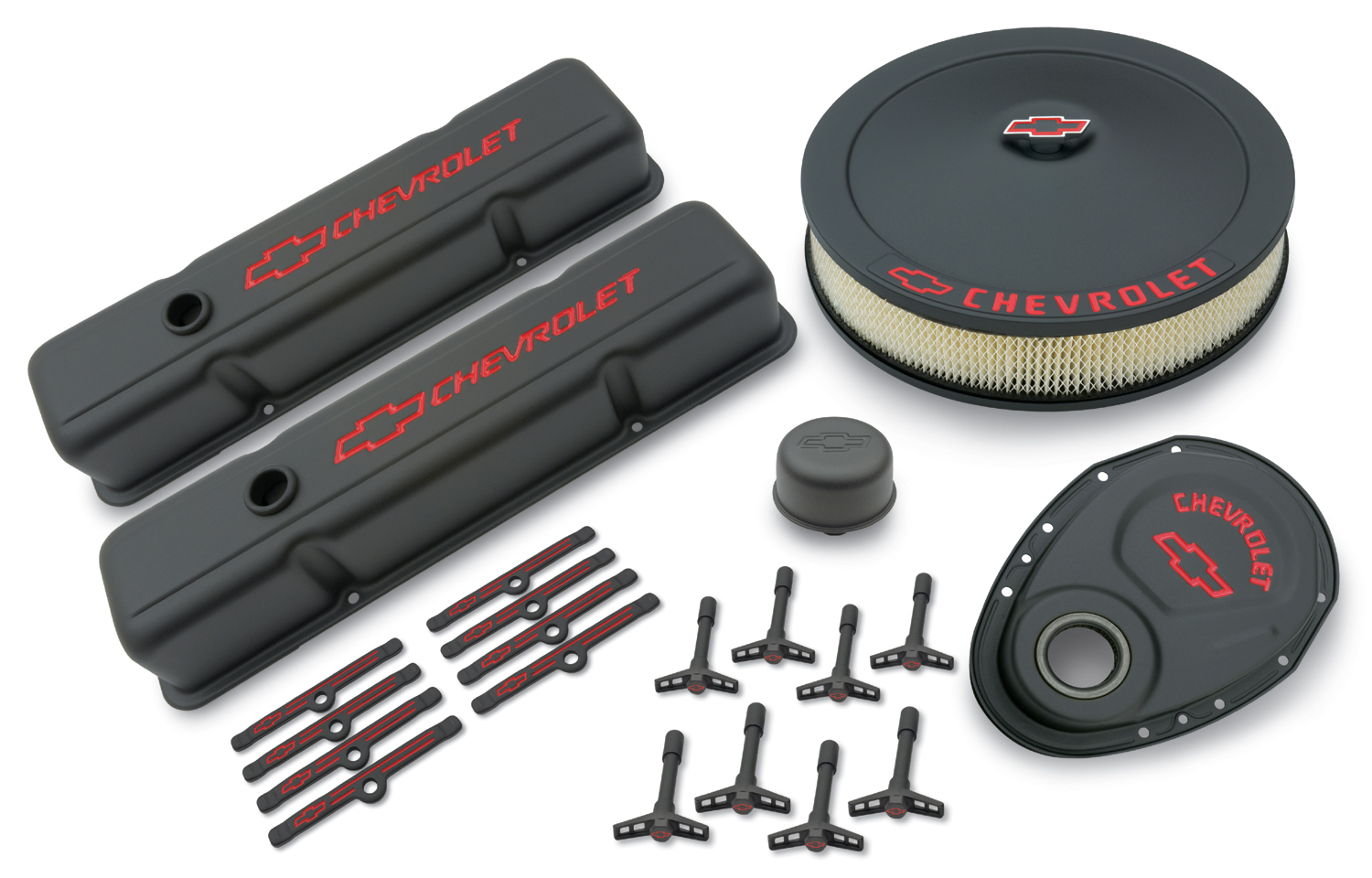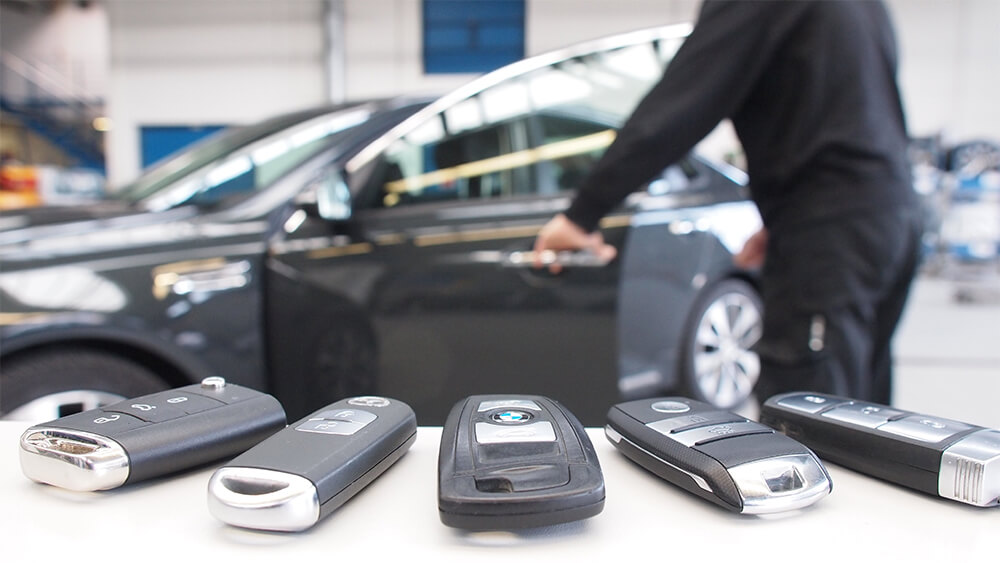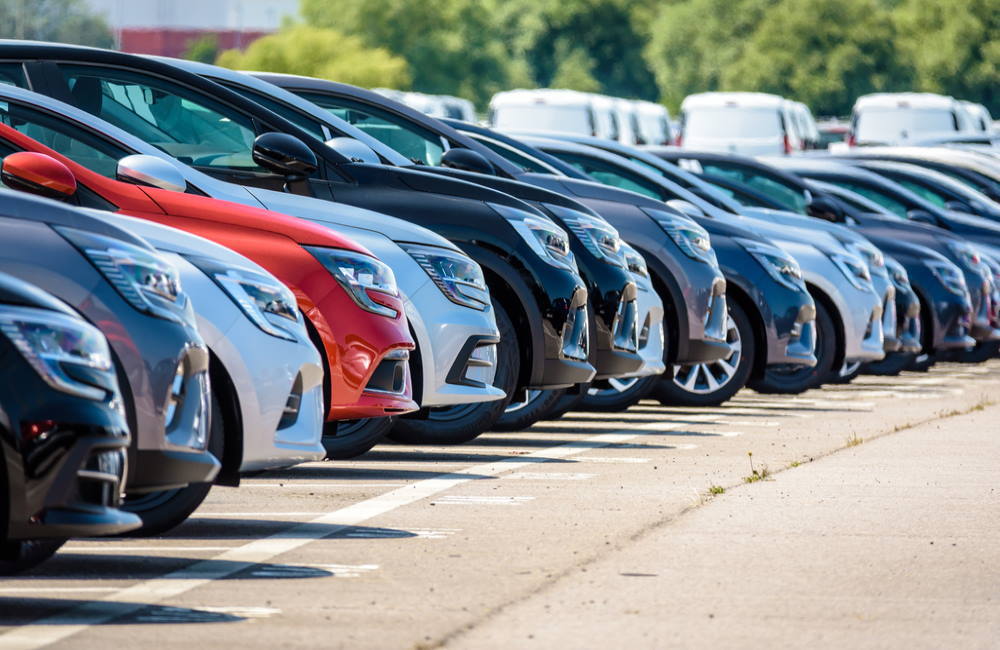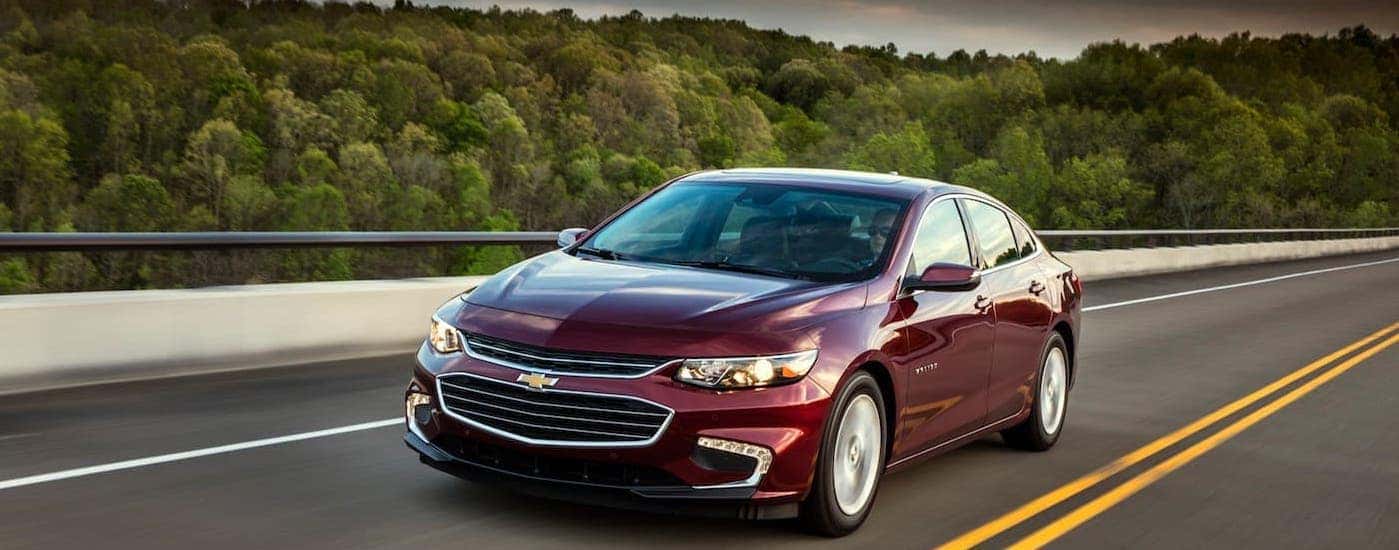Businesses up and down the UK are right at this moment trialling every possible option for reducing the operational costs of their vehicle fleets. Fuel prices may have hit pretty impressive lows over recent months, but at the same time it’s never been more difficult to withstand the growing and ferocious competition across every modern industry sector. And as a penny saved is considered a penny earned, such massive efforts to cut expenses are easy to understand.

At the same time however, it’s never been of more importance for the greater good of the UK to think long and hard about greener operations on the whole. It’s hardly plausible for those businesses that are reliant on their fleets to suddenly retire their vehicles and start walking from place to place, but this doesn’t mean there isn’t a great deal that can be done to operate in a more eco-friendly way day in and day out.
So with this in mind, here’s a quick overview of ten simple steps on the road to greener vehicle fleet management and operation:
1 – Consider Outsourcing
Common sense dictates that the very best providers on the market for ensuring green and efficient vehicle operations are the fleet vehicle maintenance companies that live and breathe fleet management. As such, in the name of both cost-cutting and green-boosting efforts, it could be in your best interests to bring in the professionals.
2 – Use Greener Vehicles
One of the most obvious approaches to greener fleet operations is that of making sure the business exclusively uses vehicles that are as environmentally friendly as possible. This generally means opting for cars, vans and trucks that are relatively new and in good working order.
3 – Consider Alternative Fuels
Some of the greenest vehicles on the market today are those that run on alternative fuels, or perhaps use hybrid powertrains combining electric motors with standard petrol or diesel engines. And not only are such vehicles much more attractive in a CO2 output sense, they also deliver some of the best fuel-economy out there.
4 – Regular Servicing
Even the newest and greenest cars on the market will soon become quite the contrary if they are not regularly, fully and professionally serviced. It’s in the best interests of both the environment and the bottom-line of the business as a whole to ensure servicing is carried out as often as necessary, in accordance with mileage and vehicle use.
5 – Monitor Mileage
Never forget that the fastest route from A to B does not necessarily represent the most economical route…in fact it very rarely does. There’s a difference between a route that’s efficient and one that’s simply fast – the latter of the two usually requiring a heavier dose of fuel and therefore doing more damage to the environment, not to mention the bank balance of the business.
6 – Offer Training
Something else that contributes to fuel economy above and beyond mileage driven is the actual style of driving by which the vehicle is propelled. It’s therefore important to ensure that all drivers are trained in accordance with positive driving practices and any rules set out by the business.
7 – Sensible Reimbursement
Being overly generous with fuel cards and allowances can often encourage drivers to take additional journeys that are not necessary, or to drive in a manner they otherwise wouldn’t if they themselves were footing to bill. As such, be sensible with reimbursement.
8 – Route Planning
Back with the subject of route planning, it’s pretty easy these days to find out which routes are notorious for congestion, accidents and general hold-ups at any given time of day or night. The more time invested in proactive route planning, the less fuel is requited to get from point A to point B.
9 – Vehicle Sharing
There will always be those instances in which it really isn’t necessary for every employee on the way to any given location to take their own car – the office itself being a prime example. Green fleet operations means making best use of all available resources at all times, for which an integral part should be vehicle sharing when and where possible.
10 – Quality Parts and Repairs
Last but not least, fuel-consumption and thereby environmental impact will always be affected in accordance with the quality of the parts and competence or repairs carried out on any given vehicle. So while any old ‘patch up’ might seem like enough at the time, anything less than a high-end repair job by a professional fleet service company could in fact prove much more costly in the long run.












